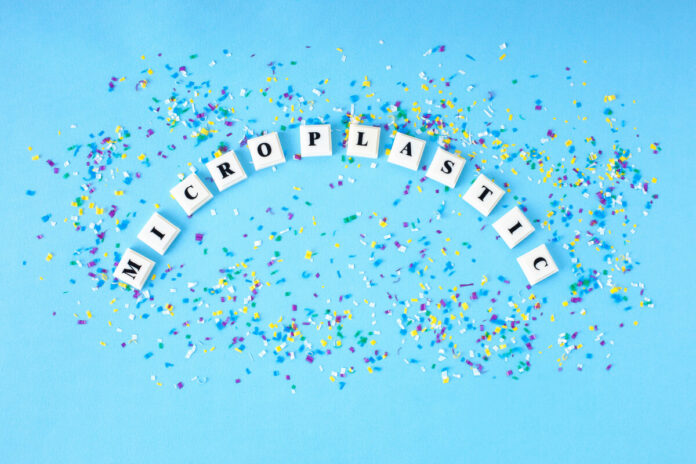An IIT Madras study has found microplastics in samples taken from the Pallikaranai marsh.
What’s it about? Per an IIT Madras study, every cubic metre of surface water of the marsh has an average of more than 1,700 microplastics. The marshland was recently designated a Ramsar site. These small microplastics can be ingested by fish and birds and absorb pollutants. The study was conducted using surface water and sediment samples.
- The samples contained heavy metals like zinc, iron, nickel, and titanium. The team used an X-Ray Fluorescence Analyser and found heavy metals in half the samples.
- Sewage and garbage from the urban and residential areas is the main reason for contamination. Experts have called for a comprehensive water resources management plan.
Who said what? Professor Indumathi Nambi said microplastics are persistent toxic pollutants in different environmental compartments. Professor Kurian Joseph from the Centre for Climate Change and Disaster Management said there’s an urgent need to switch from single-use disposable plastics.

